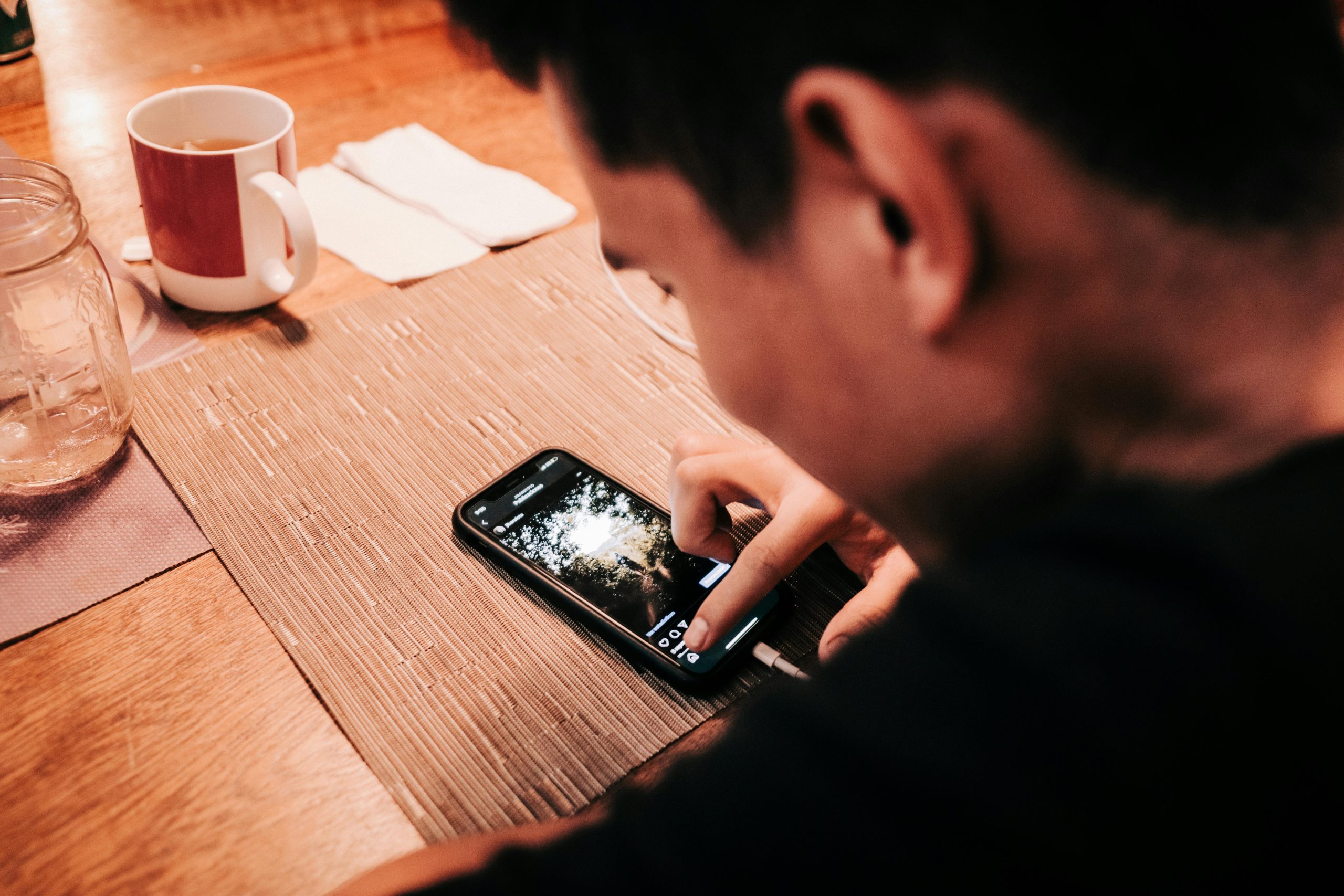Young people in China and Taiwan prefer to confide their problems to AI rather than therapists

More and more young people in China and Taiwan are addressing their mental health problems through artificial intelligence. As The Guardian reports, instead of seeing a psychotherapist, they are choosing to talk to a chatbot, which they find less stressful and easier than talking to a real person. However, experts warn that AI does not yet offer a full replacement for professional care.
Thirty-year-old Ann Li from Taiwan recently learned of a serious health problem, which caused her severe anxiety. In the evenings, she often turns to artificial intelligence, which she says makes it easier to share her feelings.
Similarly, 25-year-old Yang, from China, never decided to see a psychologist – mainly because of the unavailability of professionals and the stigma in her family. This year, she turned to AI for the first time and says it would be almost impossible for her to speak honestly with those around her.
These young people are no exception. As the Harvard Business Review reports, one of the main reasons adults use chatbots is precisely for psychological support. Then there are the increasing number of posts on social media in which people thank AI for helping them through difficult times.
Free, fast and unprejudiced help
In Taiwan and China, access to psychologists is limited – waiting times are long and therapy is expensive. In addition, young people often face social pressure that prevents them from talking openly about their mental health problems. Chatbots like ChatGPT thus offer them not only an immediate and free response, but also anonymity and a greater sense of security.
But Ann Li points out that AI responses tend to be predictable and often lack the deeper insight and self-reflection that real therapies offer. On the other hand, for example, 27-year-old Na-pi Liu, who moved to London from Taiwan, has had a positive experience with chatbots. She appreciates that they take her problems seriously and respond without delay, whereas she is often met with incomprehension from her friends.
AI as a supplement, not a replacement for a therapist
Experts agree that AI can be useful for those who don’t yet need full psychotherapeutic care, or for people seeking encouragement. However, they stress that AI should not replace professional therapists – rather, it should complement care and serve as a first step.
The Taiwan Association of Counseling Psychology sees AI as a tool for spreading mental health awareness, but warns: the chatbot may be overly optimistic and may not recognize serious symptoms of mental illness. Moreover, AI does not have the ethical oversight of real psychologists.
According to clinical psychologist I-Sien Su of True Colors, the basic form of psychotherapy will remain irreplaceable – unless the development of AI fundamentally shifts.
Photo source: www.pexels.com
Author of this article
WAS THIS ARTICLE HELPFUL?
Support us to keep up the good work and to provide you even better content. Your donations will be used to help students get access to quality content for free and pay our contributors’ salaries, who work hard to create this website content! Thank you for all your support!




OR CONTINUE READING